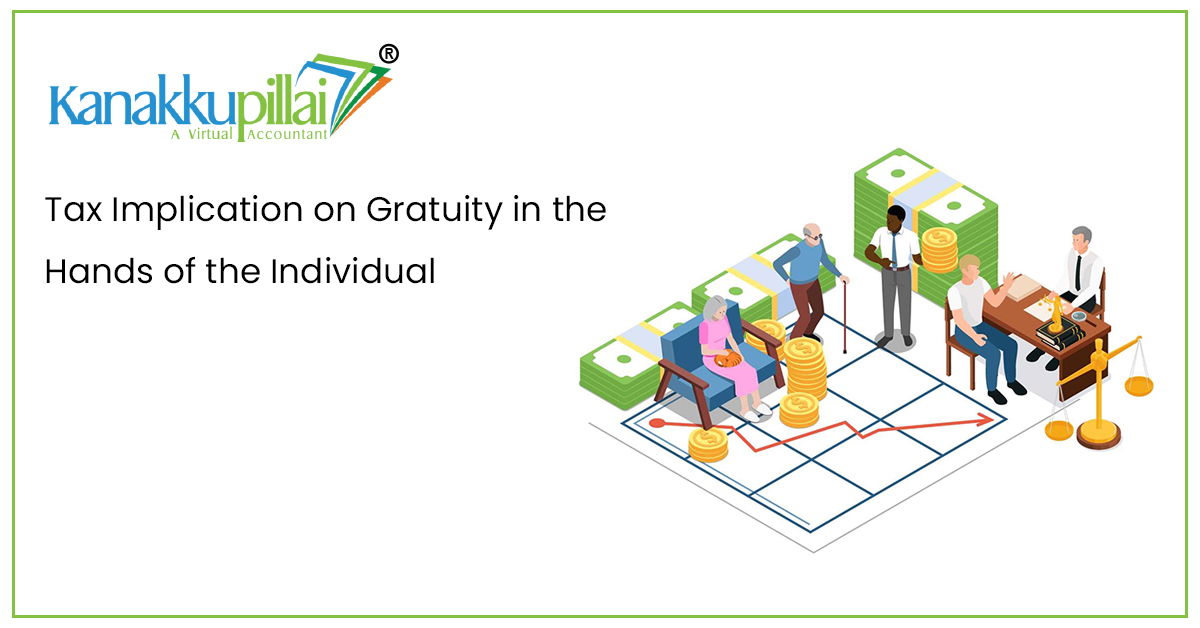Gratuity is a retirement benefit paid by an employer to an employee for his long-term, uninterrupted service to the company. It is regulated by the Gratuity Act of 1972. The Indian Government passed this act in 1972, making it mandatory for all employers with more than 10 employees to pay gratuities to their employees for long-term service.
It shall be paid to employees who are employed in the factory, mine, oil field, plantation, port, railways, shop, and establishments or educational institutions, which is employing 10 or more persons on any day of the 12 months which comes immediately prior to the current.
There are also other establishments that come under the applicability of this Act despite having less than 10 employees employed under such owner. And once the Act is applicable to the employer, the same shall continue to apply even if the number of employees under such employer goes below 10 in total number.
For the eligibility to be paid gratuity, the employee shall be on the payroll and cannot be a trainee or intern. The employee, to be eligible for payment of gratuity by the employer, shall have completed not less than 5 years in the employment. So, the gratuity shall be paid to an employee by his employer on account of his:
– Superannuation
– Retirement or resignation
– Decrease of impairment due to accident or disease.
We can say that the applicability of 5 years of employment shall not be required on the occasion of death or disablement due to accident or disease.
Taxability of Gratuity Received by Persons covered under the Payment of Gratuity Act, 1972
As per section 10(10) of the Income Tax Act, gratuity is exempt to the extent of INR 20 Lakhs, and this was INR 10 Lakhs, which was amended by the CBDT vide Notification no. S.O. 1213(E), dated 8 March 2019.
Calculation of Gratuity Amount Exempted from Tax
The least of the following amounts shall be exempt from tax:
- (15*Last Drawn Salary (Basic Dearness Allowance) *Tenure of employment)/26
- INR 20 Lakhs (increased from INR 10 Lakhs)
- Actual amount of Gratuity received.
For example, Mr. Harry was working with XYZ Ltd. for 6 years and is leaving the company. The last drawn salary was INR 1,00,000 per month, and he was entitled to a gratuity of INR 3,50,000. Tax exemption allowed shall be lower of the following:
- (15*INR 1 Lakh*6 Years)/26 = INR 3,46,154
- INR 20 Lakhs
- Actual amount Received = INR 3,50,000
Hence, the exemption allowed shall be the least of the above, which is INR 3,46,154.
Gratuity Received in case of other Employees and its Exemption
As per section 10(10) of the Income Tax Act,
Any gratuity received as death cum retirement by Central and State Government employees, employees in Local authority defence employees shall be exempt.
Exemption of Gratuity received by any other Employee
In case of gratuity which was received by any other employee, the following shall be applied:
- The exemption shall be limited to a month’s salary (based on the last 10 months average) for each completed year of service or INR 10 Lakhs, whichever is less.
- Where gratuity was received in one or earlier previous years also and any exemption was allowed for the same, then the exemption to be allowed during the year gets reduced to the extent of exemption already allowed, where the overall limit being restricted to INR 10 Lakhs.
Taking the same example of Mr Harry, the average salary for the last 10 months was, say, INR 85,000. So, the exemption available shall now be at least three:
- Gratuity = INR 85,000*6 Years*1/2 = INR 2,55,000
- Maximum Exemption Allowed = INR 10 Lakhs
- Gratuity Actually Received = INR 3,50,000
So, the exemption allowed shall be INR 2,55,000, which is the least of the above.
Forfeiture of Gratuity
The gratuity payable to an employee could be forfeited in whole if such an employee was terminated due to the following:
- His disorderly or riotous conduct or such other action containing violence on his part or
- Any act which constitutes an offence involving moral turpitude provided that he commits such offence in the course of his employment.
If an employee was terminated due to any act of wilful omission or negligence which caused any damage or loss or destruction of the property or assets belonging to the employer, then the employer can forfeit the gratuity payable to the employee to the extent of damage caused or the loss that the employer suffered. The forfeiture shall be limited to the amount of damage or loss that occurred.
It shall also be noted that as per the Board’s letter F.No. 194/6/73-IT(A-1), which was dated 19.06.73. An exception in the value of gratuity is allowable even in cases of termination of employment due to resignation. Gratuity paid to the widow or legal heirs shall also be exempted completely from payment of tax.
Gratuity for the purpose of taxation shall be taxed under the head Income from Salary, while the same received by any legal heir shall be declared under the head Income from Other Sources.





